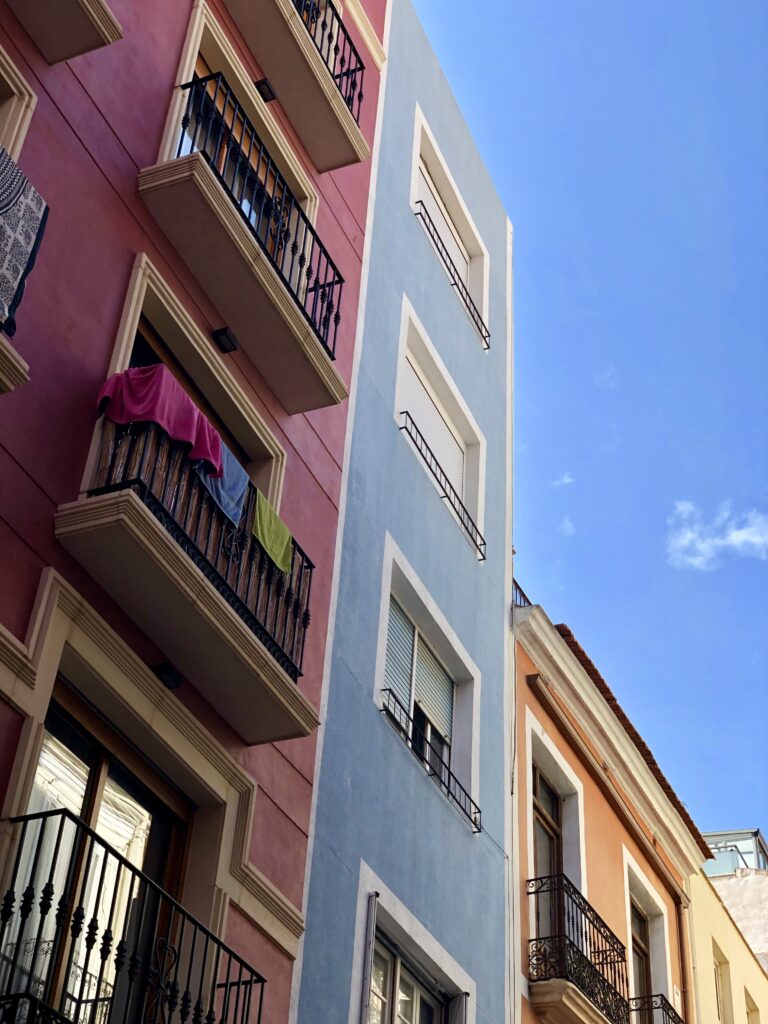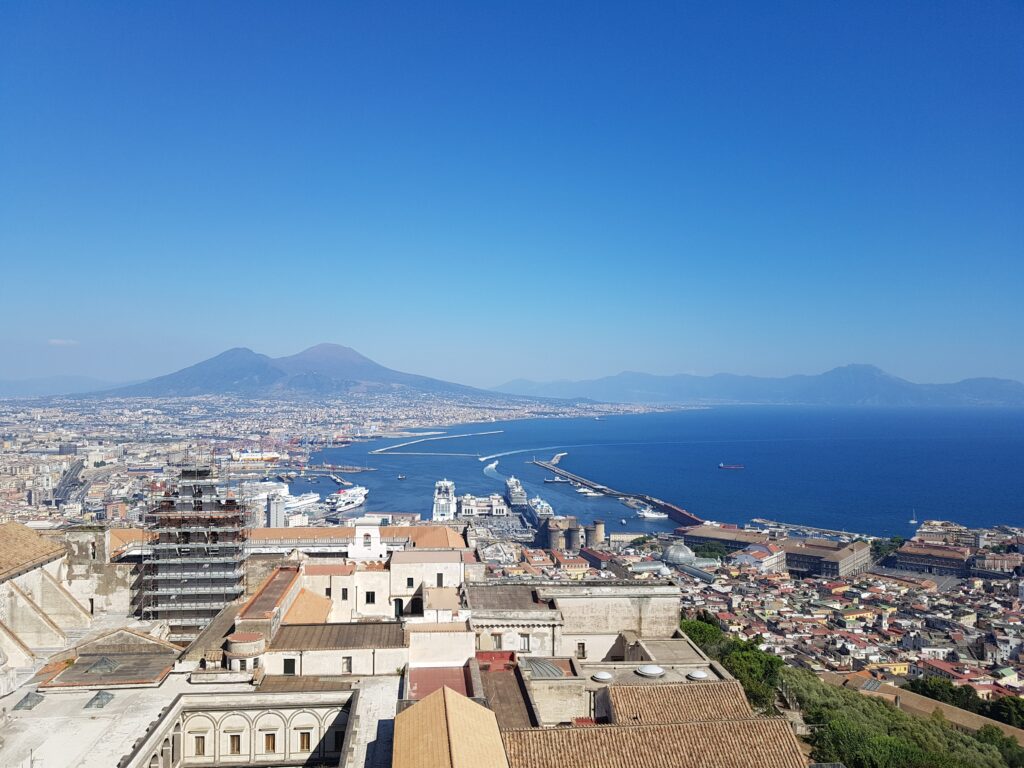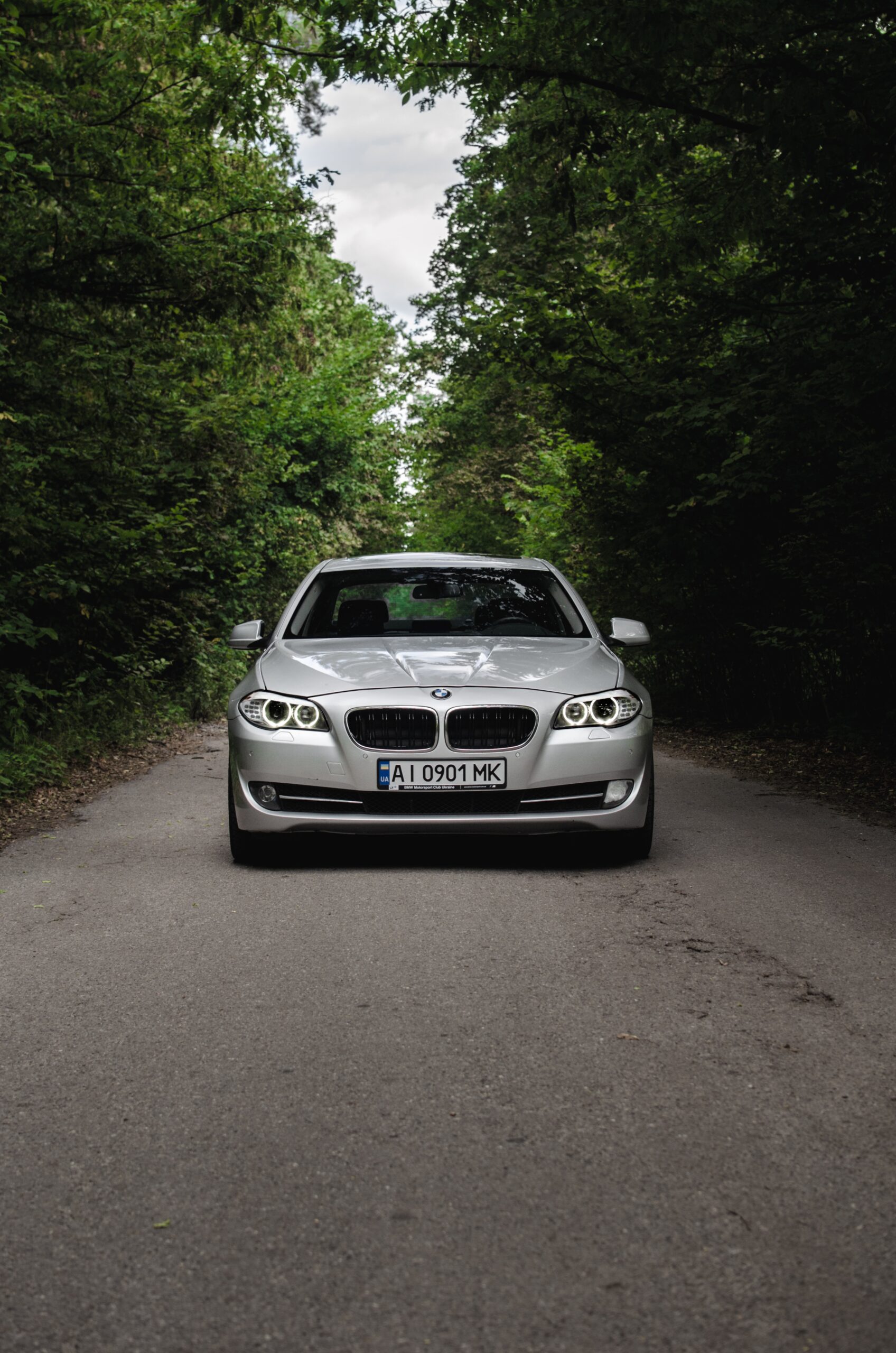El Museo del Barrio, a Manhattan museum dedicated to Puerto Rican and Latin American art, faced controversy when it decided not to display an artwork featuring a Palestinian flag. The museum had commissioned the piece, titled “Recorder y Unificar,” for its annual Día de los Muertos celebrations. However, after the artists, Roy Baizan and Odalys Burgoa, included a Palestinian flag in the artwork, the museum decided not to display it. The artists saw the flag as integral to the work’s political resistance and commemoration of the dead, while the museum viewed it as a political statement. This decision comes amidst a larger cultural and artistic landscape strained by differences over the Israel-Hamas war.
El Museo del Barrio Rejects Artwork Featuring Palestinian Flag

Introduction
El Museo del Barrio, a Manhattan museum dedicated to Puerto Rican and Latin American art, decided not to display an artwork it had commissioned for its annual Día de los Muertos celebrations after the artists included a Palestinian flag in it. The decision sparked controversy and raised questions about the intersection of art, politics, and cultural institutions.
Background Information
El Museo del Barrio had commissioned a work titled “Recorder y Unificar” (“Remember and Unite”) for its Día de los Muertos celebrations. The artists, Roy Baizan and Odalys Burgoa, incorporated a Palestinian flag into the artwork as a symbol of political resistance and commemoration of the dead. The museum officials raised objections to the inclusion of the flag, but the artists refused to remove it, stating that it was integral to the message of the artwork.

Reasons for Rejection
The museum decided not to display the artwork due to its inclusion of the Palestinian flag. According to the museum’s statement, the artists made a last-minute modification to the altar without proper consultation or approval. The museum argued that the inclusion of the flag transformed the religious and cultural symbol into a political statement, which went against the terms of their contract with the artists.
Artists’ Response
Baizan and Burgoa defended their decision to include the Palestinian flag, stating that it represented the interconnected struggles of various activist groups. They believed that the flag’s presence was necessary to convey their message of political resistance and commemoration. The artists argued that the museum had approved other politically charged elements in the artwork, undermining their claim that the inclusion of the flag was a sudden addition.

Attempts for Compromise
During negotiations with the museum, the artists suggested the possibility of including a disclaimer acknowledging that the views expressed in the artwork were those of the artists and not the museum. However, after several days of discussions, the museum ultimately decided not to display the artwork and blacked out the windows to the cafe where it was installed.
Museum’s Statement
El Museo del Barrio released a statement regarding the rejection of the artwork, explaining that the decision was made due to the artists’ last-minute modification without proper consultation or approval. The museum emphasized that it was separate from their issues with the artists and the work they created. The statement maintained that the museum upheld its commitment to public Día de los Muertos events for the community.
Cancellation of Fund-raiser
In light of the controversy surrounding the rejected artwork, the museum also decided to cancel a fund-raiser that was planned to display the artwork prominently. The museum expressed that, considering the ongoing suffering experienced by many, it was more appropriate to direct donors’ contributions towards relief efforts rather than showcasing the artwork.
Continuation of Public Events
Despite the rejection of the commissioned artwork, El Museo del Barrio stated that its public Día de los Muertos events for the community would still proceed as planned. The museum affirmed its dedication to honoring and celebrating the cultural traditions and heritage associated with the annual celebration.
Impact of Israel-Hamas Conflict on Art and Cultural Institutions
The rejection of the artwork featuring the Palestinian flag is reflective of the broader tensions and strained relationships between artists, cultural institutions, and political conflicts. Similar controversies have arisen in other institutions, such as 92NY, where an event with novelist Viet Thanh Nguyen was canceled due to his criticism of Israel. These incidents highlight the complex intersection of art, politics, and freedom of expression, as well as the challenges faced by cultural institutions in navigating such sensitive issues.
Disputed Claims and Evidence
Both the artists and the museum have presented differing claims regarding the inclusion of the Palestinian flag and its politicization within the artwork. The artists argue that elements of political activism were present in the artwork from its initial proposal, citing approved text on a painting behind the altar that carried a political message. The museum, on the other hand, contends that the altar was transformed into a political statement through the artists’ last-minute modification.
Current Status of the Artwork
The artwork, “Recorder y Unificar,” remains in the museum’s cafe, which is currently closed. The museum intends to compensate the artists for their commissioned work, despite the decision not to display it. The fate of the artwork and its potential future display or inclusion in other exhibitions or collections is unknown at this time.
In conclusion, the rejection of the artwork featuring the Palestinian flag at El Museo del Barrio has sparked a debate about the role of art and politics in cultural institutions. The incident raises questions about the boundaries of artistic expression, the responsibilities of museums, and the challenges of navigating sensitive subjects in the context of ongoing political conflicts. Both the artists and the museum have presented their perspectives, highlighting the need for open dialogue and understanding in addressing the complexities surrounding such issues within the art world.

